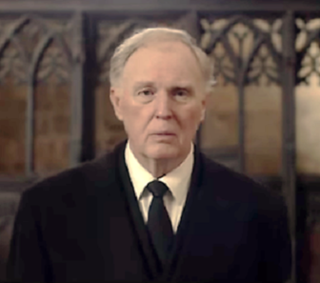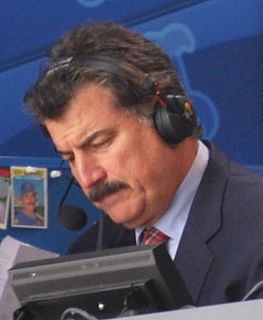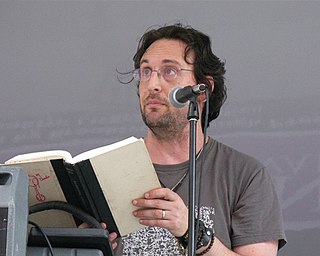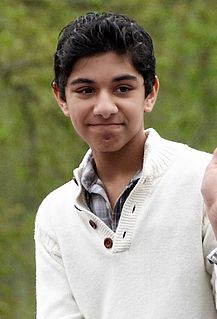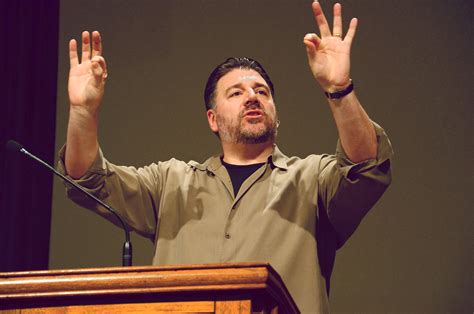A Quote by Jonathan Dee
'Anna Karenina.' I read it in college. I was so engrossed that I couldn't stop reading it and neglected all my other studies. I would go to the library even on nice warm weekends and just lock myself up. I think that was the first time that I felt transformed by a book.
Related Quotes
I suppose that it was inevitable that my word-base broadened. I could now for the first time pick up a book and read and now begin to understand what the book was saying. Anyone who has read a great deal can imagine the new world that opened. Let me tell you something: from then until I left that prison, in every free moment I had, if I was not reading in the library, I was reading in my bunk. You couldn’t have gotten me out of my books with a wedge...Months passed without my even thinking about being imprisoned. In fact, up to then, I never had been so truly free in my life.
I remember, as a kid, I couldn't wait to get my library card, get my first book. There was a sphinx on the cover, and I figured I was going to read about the Egyptians. But it was this archeology. It was so dry. But I forced myself to read it because it was my first book out of the library. Should have gotten a 'Hardy Boys.'
One of the things that really impressed me about Anna Karenina when I first read it was how Tolstoy sets you up to expect certain things to happen - and they don't. Everything is set up for you to think Anna is going to die in childbirth. She dreams it's going to happen, the doctor, Vronsky and Karenin think it's going to happen, and it's what should happen to an adulteress by the rules of a nineteenth-century novel. But then it doesn't happen. It's so fascinating to be left in that space, in a kind of free fall, where you have no idea what's going to happen.
If you think of even Tolstoy or a book like 'Anna Karenina,' you go from character to character, and each section is from the third person perspective of a different character, so you get to see the whole world a little more kaleidoscopically that way. That's traditional narrative manner, and I haven't done a book like that before, but I enjoyed it.
I need to learn how to stop destroying myself, stop being hard on myself and be nice to myself. I need to keep telling myself that I need to keep wanting something, something nice, something warm[so] I can make other people happy. I can understand other people's pain because I can love even after all that is left of me is gone because I have that strength.
I read a lot. I always have, but in those two years I gorged myself on books with a voluptuous, almost erotic gluttony. I would go to the local library and take out as many as I could, and then lock myself in the bedsit and read solidly for a week. I went for old books, the older the better - Tolstoy, Poe, Jacobean tragedies, a dusty translation of Laclos - so that when I finally resurfaced, blinking and dazzled, it took me days to stop thinking in their cool, polished, crystalline rhythms.
I was shocked at college to see one hundred of my classmates in the library all reading copies of the same book. Instead of doing as they did, I went into the stacks and read the first book written by an author whose name began with Z. I received the highest grade in the class. That convinced me that the institution was not being run correctly. I left.
I read continually and don't understand writers who say they don't read while working on a book. For a start, a book takes me about two years to write, so there's no way I am depriving myself of reading during that time. Another thing is that reading other writers is continually inspiring - reading great writers reminds you how hard you have to work.
The great opposition to reading is what I allow to fill my time instead of reading. To say we have no time to read is not really true; we simply have chosen to use our time for other things, or have allowed our time to be filled to the exclusion of reading. So don't add reading to your to-do list. Just stop doing the things that keep you from doing it. But read.

